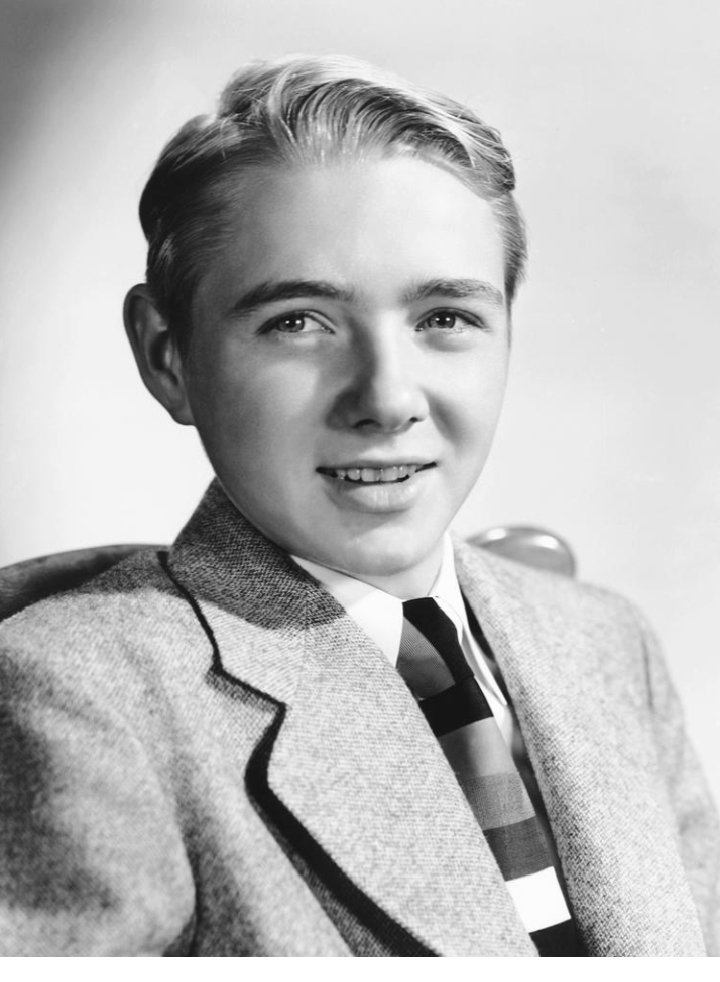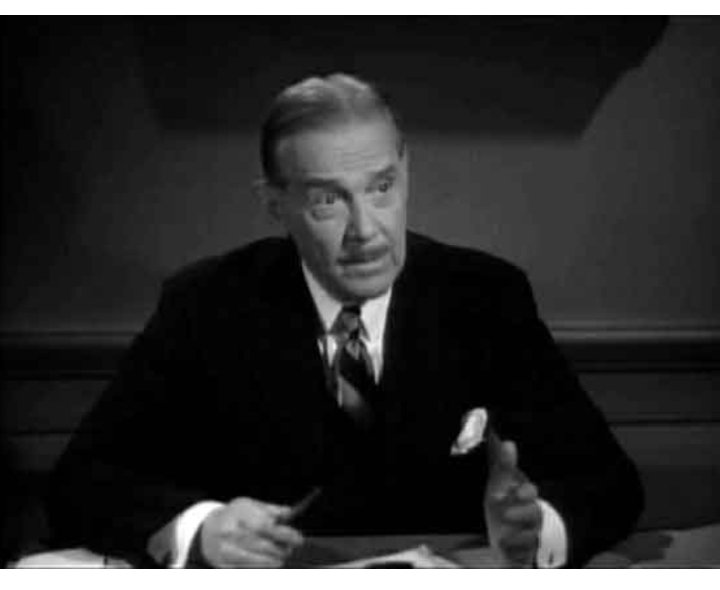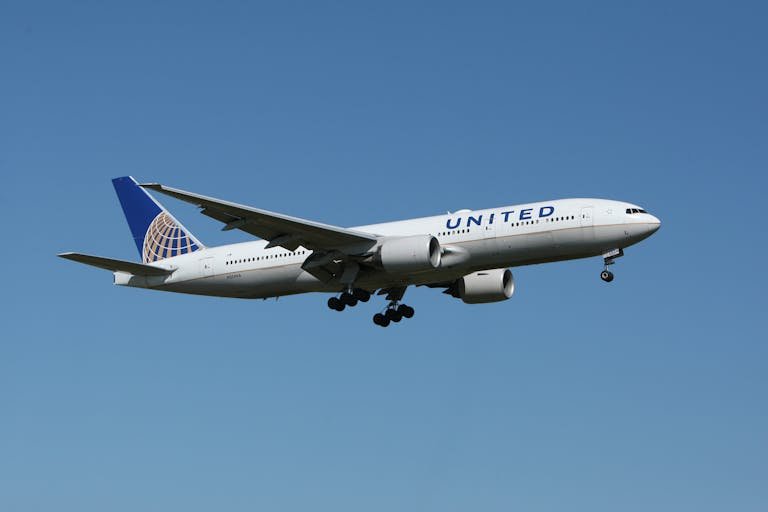The Remarkable Rise of Claude Edward Elkins Jrp. – From Marine Corps Veteran to Chief Commercial Officer at Norfolk Southern
Introduction: Who is Claude Edward Elkins Jr.?
In the vast and intricate world of American rail transportation, few stories encapsulate the essence of perseverance, dedication, and strategic acumen quite like that of Claude Edward Elkins Jr., commonly known as Ed Elkins. As the Executive Vice President and Chief Commercial Officer at Norfolk Southern Corporation,
one of the nation’s leading Class I railroads, Elkins has carved out a legacy that spans over three decades. His journey from a humble beginning as a road brakeman to a top executive role is not just a personal triumph but a case study in leadership within the industrial sector. This article delves deep into Elkins’ career, exploring the milestones, challenges, and contributions that have defined his path, while also examining the broader implications for the railroad industry.
Norfolk Southern, founded in 1827, operates a massive network that transports goods essential to the U.S. economy, from agricultural products to automotive parts. Under Elkins’ commercial leadership, the company has continued to innovate and adapt in a competitive landscape marked by technological advancements and sustainability demands. This case study will break down his biography, career progression, key achievements, and the lessons aspiring leaders can draw from his experiences. By analyzing Elkins’ trajectory, we aim to provide insights into how individual determination intersects with corporate strategy to drive success in a critical infrastructure industry.
The railroad sector, often overlooked in modern discussions of business innovation, plays a pivotal role in America’s supply chain. Railroads like Norfolk Southern move over 7 million carloads annually, reducing carbon emissions by an estimated 15 million tons each year compared to truck transport. Elkins’ story is emblematic of how hands-on experience from the ground level can inform high-level decision-making, fostering efficiency and growth. Over the next sections, we’ll explore his early life, military background, entry into railroading, and ascent through the ranks, drawing on verified sources to paint a comprehensive picture.
Read also more :mac-racunala-mastering-apples-ecosystem-in-2025
Early Life and Education: Foundations in Southwest Virginia
Claude Edward Elkins Jr. was born and raised in Southwest Virginia, a region known for its rugged Appalachian terrain, coal mining heritage, and strong community ties. This upbringing instilled in him values of hard work, resilience, and a deep appreciation for the industrial backbone of America. Growing up in an area where railroads have historically been a lifeline for economic activity, Elkins was exposed early to the rhythms of freight transport and the importance of infrastructure in rural communities.
Details about his childhood are sparse in public records, but it’s clear that his formative years emphasized responsibility and education. Elkins pursued higher education at the University of Virginia’s College at Wise, where he earned a bachelor’s degree in English. This liberal arts foundation might seem unconventional for a future railroad executive, but it honed his communication skills, critical thinking, and ability to articulate complex ideas – traits that would prove invaluable in marketing and leadership roles.
Following his undergraduate studies, Elkins furthered his education with an MBA from Old Dominion University, specializing in Port & Maritime Economics. This graduate degree provided him with specialized knowledge in logistics, supply chain management, and economic principles relevant to transportation. Old Dominion University, located in Norfolk, Virginia – a major port city – offered a curriculum that aligned perfectly with the maritime and rail industries. His focus on port economics foreshadowed his future involvement in intermodal transportation, where rail connects seamlessly with shipping and trucking.
Elkins’ educational choices reflect a blend of humanities and business acumen, a combination that has allowed him to approach commercial challenges with both analytical rigor and empathetic leadership. In interviews and profiles, he’s often described as a strategic thinker who values clear communication, attributes traceable to his English degree. This early foundation set the stage for a career that would demand adaptability in an ever-evolving industry.
Military Service: Discipline and Service in the United States Marine Corps
Before embarking on his railroad career, Claude Edward Elkins Jr. served in the United States Marine Corps, a chapter that profoundly shaped his character and professional ethos. The Marines, renowned for their rigorous training and emphasis on leadership, provided Elkins with discipline, teamwork skills, and a sense of duty that he carried into civilian life.
While specific details of his service – such as rank, duration, and deployments – are not extensively publicized, it’s known that his time in the Corps preceded his entry into Norfolk Southern in 1988. Military veterans often bring unique perspectives to corporate roles, including resilience under pressure and a commitment to operational excellence. For Elkins, this experience likely influenced his hands-on approach to rail operations, where safety and precision are paramount.
The transition from military to civilian life can be challenging, but Elkins channeled his skills into the railroad industry, which shares similarities with the military in its structured hierarchy and emphasis on logistics. Many railroad companies, including Norfolk Southern, actively recruit veterans for their reliability and leadership potential. Elkins’ service exemplifies how military background can fuel success in transportation, contributing to his rapid adaptation to frontline roles in railroading.
Entry into Railroading: Starting as a Road Brakeman in 1988

Upon completing his military service, Elkins joined Norfolk Southern as a Road Brakeman in 1988, marking the beginning of a 36-year tenure with the company. This entry-level position involved hands-on work on freight trains, ensuring safe coupling and uncoupling of cars, signaling, and assisting in train operations. It’s a physically demanding role that requires quick thinking and adherence to safety protocols – a direct parallel to his Marine Corps training.
In the late 1980s, the railroad industry was undergoing significant changes, including deregulation under the Staggers Rail Act of 1980, which allowed for more competitive pricing and efficiency. Norfolk Southern, formed from the merger of Norfolk and Western Railway and Southern Railway in 1982, was expanding its network across the eastern U.S. Elkins entered at a time of growth, where opportunities for advancement were plentiful for those who demonstrated capability.
From brakeman, Elkins progressed to Conductor, responsible for overseeing train operations, managing paperwork, and ensuring compliance with federal regulations. He then became a Locomotive Engineer, operating the trains themselves, and later a Relief Yardmaster, coordinating yard activities. These roles gave him a comprehensive understanding of ground-level operations, from switching cars to navigating complex rail yards.
This foundational experience is a cornerstone of Elkins’ success. Unlike executives who enter through management tracks, his operational background provided authenticity and credibility when leading teams. In a LinkedIn post reflecting on his career, Elkins highlighted how starting as a brakeman taught him the intricacies of customer service in rail, from coal to intermodal shipments. This grassroots knowledge has been instrumental in his commercial strategies, ensuring that decisions at the top align with practical realities on the tracks.
Transition to Marketing: Two Decades in Intermodal Expertise
After building a solid operational foundation, Elkins transitioned into marketing, spending approximately two decades in Intermodal Marketing at Norfolk Southern. Intermodal transportation involves the seamless movement of goods using multiple modes, such as rail, truck, and ship, often in standardized containers. This sector is crucial for Norfolk Southern, which operates the largest intermodal network in the eastern U.S.
Elkins’ role in intermodal allowed him to leverage his MBA in Port & Maritime Economics, focusing on optimizing supply chains for efficiency and cost-effectiveness. During this period, the industry saw explosive growth in intermodal traffic, driven by globalization and e-commerce. Elkins contributed to strategies that expanded Norfolk Southern’s market share, including partnerships with ports and logistics providers.
His expertise in this area positioned him for promotions. In 2016, he was named Group Vice President of Chemicals Marketing, overseeing the transportation of hazardous and non-hazardous chemicals – a high-stakes segment requiring stringent safety measures. This role involved collaborating with chemical manufacturers to ensure reliable, safe delivery, contributing to the company’s revenue growth.
By 2018, Elkins was promoted to Vice President of Industrial Products, broadening his scope to include metals, construction materials, and other bulk commodities. This progression demonstrated his versatility, moving from specialized intermodal to broader industrial sectors. His marketing acumen helped Norfolk Southern navigate economic fluctuations, such as the 2008 recession and the COVID-19 pandemic, by adapting pricing and service models to customer needs.
Appointment as Chief Commercial Officer: Leading in 2021 and Beyond
In 2021, Claude Edward Elkins Jr. was appointed Executive Vice President and Chief Commercial Officer (initially titled Chief Marketing Officer in some reports), a pivotal role where he oversees Intermodal, Automotive, and Industrial Products divisions, as well as Real Estate, Industrial Development, Short Line Marketing, Field Sales, and Customer Logistics. This promotion came at a time when Norfolk Southern was focusing on customer-centric innovations and sustainability.
As CCO, Elkins has driven initiatives to enhance service reliability and expand market reach. For instance, under his leadership, the company has invested in technology for real-time tracking and predictive analytics, improving customer satisfaction. He has also emphasized sustainability, promoting rail as an eco-friendly alternative to trucking, aligning with national goals to reduce carbon emissions.
One notable achievement is his role in strengthening Norfolk Southern’s automotive origination, handling more vehicle shipments than any other Class I railroad. This involves coordinating with major automakers to transport finished vehicles and parts efficiently.
In 2025, Elkins was appointed as the 2025 Chair of the Georgia Chamber of Commerce, reflecting his influence beyond railroading. This position allows him to advocate for business interests in Georgia, where Norfolk Southern has significant operations, including ports in Savannah and Brunswick.
Key Achievements and Contributions to the Industry
Elkins’ career is marked by several key achievements that have impacted Norfolk Southern and the broader transportation sector. First, his leadership in intermodal growth has helped the company capture a larger share of the market, with intermodal volumes increasing steadily over the years. This success is attributed to strategic alliances and infrastructure investments, such as terminal expansions.
Second, his focus on industrial products has bolstered revenue from high-value shipments. In chemicals, for example, Elkins implemented programs to enhance safety and compliance, reducing incidents and building trust with clients.
Third, Elkins has been a champion for sustainability. By promoting rail’s efficiency, he has helped customers achieve their environmental goals, avoiding millions of tons of CO2 emissions annually. This aligns with global trends toward green logistics.
Additionally, his board involvements amplify his influence. As Vice Chair of the Georgia Chamber and a director on the National Association of Manufacturers (NAM) board since 2022, Elkins advocates for policies supporting manufacturing and transportation. His role on the TTX Company board, which manages shared railcar pools, contributes to industry-wide efficiency.
Elkins also serves on the East Lake Foundation board, supporting community development in Atlanta, and the Georgia State University Marketing RoundTable, mentoring future leaders. These commitments highlight his dedication to social responsibility.
Leadership Philosophy: Lessons from the Tracks
At the heart of Elkins’ success is a leadership philosophy rooted in empathy, innovation, and operational insight. Having started on the front lines, he emphasizes listening to employees and customers alike. In a 2024 LinkedIn reflection, he noted how his brakeman experience informed his understanding of customer success, stressing collaboration across departments.
Elkins advocates for continuous learning, as evidenced by his MBA pursuit while working. He believes in fostering a culture of safety and excellence, often citing the railroad’s mantra of “safety first.” His approach to challenges, such as supply chain disruptions, involves data-driven decisions balanced with human judgment.
For aspiring leaders, Elkins’ story teaches that authenticity and hard work pay off. In an industry facing workforce shortages, his veteran-to-executive path serves as a model for talent development.
Challenges Faced and Overcoming Adversity
No career is without hurdles, and Elkins has navigated several in the railroad industry. The 2023 East Palestine derailment at Norfolk Southern, though not directly under his purview, underscored the need for enhanced safety protocols company-wide. Elkins’ commercial team played a role in restoring customer confidence post-incident through transparent communication.
Economic downturns, like the 2008 financial crisis, tested the industry’s resilience. Elkins’ marketing strategies during such periods focused on value-added services to retain clients.
Labor issues and regulatory changes also pose ongoing challenges. As CCO, Elkins works to balance profitability with fair labor practices, drawing on his operational roots.
Personal Life and Legacy: Beyond the Boardroom
While much of Elkins’ public persona is professional, he maintains a private personal life. As a native of Southwest Virginia, he likely values family and community. His involvement in the East Lake Foundation suggests a commitment to education and urban revitalization.
At 58 years old, Elkins continues to influence the next generation through mentorship and board roles. His net worth, tied to Norfolk Southern stock holdings valued at over $473,900 as of mid-2025, reflects his long-term investment in the company.
Elkins’ legacy is one of transformation – from manual labor to strategic leadership. He embodies the American dream in industry, inspiring others in transportation and beyond.
The Broader Impact on the Railroad Industry
Elkins’ career mirrors broader trends in railroading, such as digitization and sustainability. Norfolk Southern under his commercial guidance has embraced precision scheduled railroading (PSR), optimizing operations for efficiency.
His advocacy through NAM and the Georgia Chamber influences policy, from infrastructure funding to trade agreements. As chair of the Georgia Chamber in 2025, he positions rail as key to economic growth.
Looking ahead, Elkins may guide Norfolk Southern through electrification and autonomous technologies, ensuring competitiveness.
Conclusion: A Case Study in Enduring Success
Claude Edward Elkins Jr.’s journey from Marine to Chief Commercial Officer is a compelling case study in leadership, resilience, and strategic growth. His contributions have not only elevated Norfolk Southern but also advanced the railroad industry. For professionals in logistics, his story offers timeless lessons: start from the ground, learn continuously, and lead with integrity.
As the industry evolves, Elkins remains a figure to watch, blending operational grit with visionary commerce. His legacy reminds us that true success is built on service – to country, company, and community.
FAQs About Claude Edward Elkins Jr. and His Career at Norfolk Southern
1. Who is Claude Edward Elkins Jr.?
Claude Edward Elkins Jr., known as Ed Elkins, is the Executive Vice President and Chief Commercial Officer at Norfolk Southern Corporation, a major U.S. Class I railroad. He started as a road brakeman in 1988 and rose through the ranks over 36 years, leveraging his military background and education to lead commercial strategies.
2. What is Elkins’ educational background?
Elkins holds a bachelor’s degree in English from the University of Virginia’s College at Wise and an MBA in Port & Maritime Economics from Old Dominion University. These degrees equipped him with communication skills and logistics expertise.
3. How did his military service influence his career?
As a U.S. Marine Corps veteran, Elkins gained discipline, leadership, and teamwork skills, which translated into his early railroad roles and later strategic positions, emphasizing safety and operational excellence.
4. What roles did Elkins hold at Norfolk Southern before becoming Chief Commercial Officer?
He began as a road brakeman, then progressed to conductor, locomotive engineer, relief yardmaster, and spent about 20 years in intermodal marketing. He later served as Group Vice President of Chemicals Marketing (2016) and Vice President of Industrial Products (2018) before his CCO appointment in 2021.
5. What are Elkins’ key contributions to Norfolk Southern?
Elkins has driven growth in intermodal and automotive sectors, enhanced safety in chemical transport, and promoted sustainability by leveraging rail’s eco-friendly advantages. He’s also expanded customer-focused innovations like real-time tracking.
6. How has Elkins impacted the broader industry?
Through roles like 2025 Chair of the Georgia Chamber of Commerce and a director on the National Association of Manufacturers board, Elkins advocates for policies supporting transportation and manufacturing, influencing economic and infrastructure development.
7. What challenges has Elkins faced in his career?
He’s navigated economic downturns (e.g., 2008 recession), supply chain disruptions, and industry incidents like the 2023 East Palestine derailment, addressing them through strategic marketing and customer engagement.
8. What is Elkins’ leadership philosophy?
His philosophy emphasizes empathy, collaboration, and learning from frontline experience. He values safety, data-driven decisions, and fostering a culture of excellence, informed by his operational roots.
9. What community roles does Elkins play?
He serves on the East Lake Foundation board, supporting Atlanta’s community development, and the Georgia State University Marketing RoundTable, mentoring future leaders.
10. Why is Elkins’ story significant for aspiring professionals?
His rise from a brakeman to a top executive shows that hard work, continuous learning, and operational insight can lead to transformative leadership, especially in industries like transportation.






![Pappedeckel Innovations a cardboard lid on a coffee cup]](https://allhiphop.co.uk/wp-content/uploads/2025/09/1757318959298.jpg)